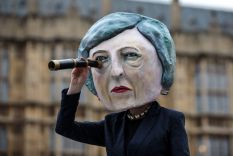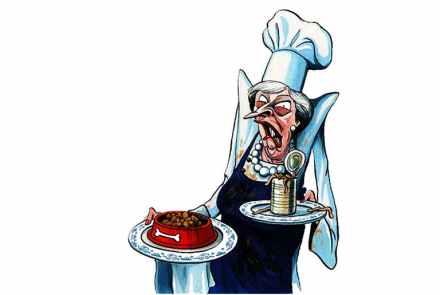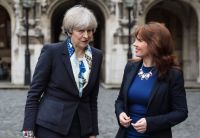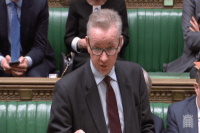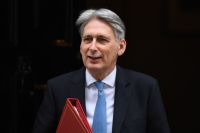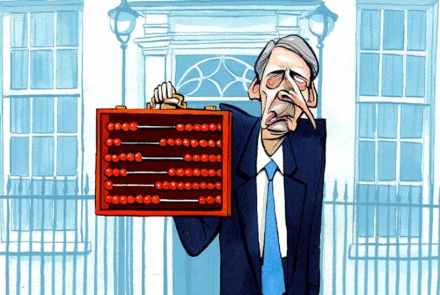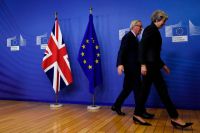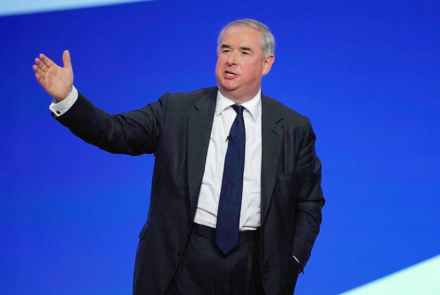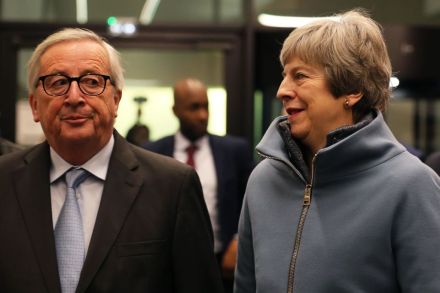Fear and loathing in the lobbies: how the government whipped against itself – and lost
With just a few minutes to go before the division on the government’s motion on no deal, Tory MPs’ phones started buzzing. It was a message from the whips, telling them that the free vote they’d been promised since last night was now subject to a three line whip: the strongest possible instruction on how to vote. But there was no further explanation. A message from Chris Pincher, the deputy chief whip, read: ‘We are voting no to the amended motion. This is a 3 line whip.’ It was sent at 7.31pm. Some Conservatives didn’t get this message until they were walking through the lobbies, still believing that, as Theresa




